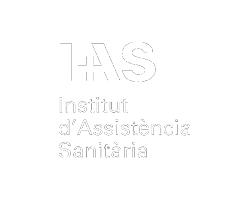General information about ADHD
In these sections the user will be able to access information about ADHD, its repercussions, the available medications and the adverse effects they produce. We hope that this information will be useful in deciding on ADHD treatment preferences.
Drowsiness
Some medicines used to treat ADHD cause drowsiness, which is the feeling of being sleepy. Medications that cause this adverse side effect very often do so. However, this side effect is usually mild and remits when the patient stops taking the treatment.
What is the relationship between ADHD treatment and drowsiness?
Drowsiness is a strong desire to sleep that leads to a state halfway between being awake and asleep. It disrupts how a person functions during daytime because they feel very tired and have difficulty concentrating. Drowsiness can be dangerous when performing tasks that require constant concentration, such as driving a vehicle.
Some medications used to treat ADHD cause drowsiness. Studies lasting a few weeks or months have shown that almost half of patients can experience this adverse side effect, and this is 3 to 4 times more likely in people with ADHD who do not receive active treatment. However, this side effect usually improves when the treatment dose is reduced, and remits when treatment is withdrawn.
Do you need to make a clinical decision?
EVIMATIC® is the first digital health tool that generates decentralized, automated, personalized, participatory and explanatory treatment recommendations that are presented in the format of clinical practice guidelines.
Do you need to make a clinical decision?
EVIMATIC® is the first digital health tool that generates decentralized, automated, personalized, participatory and explanatory treatment recommendations that are presented in the format of clinical practice guidelines.













